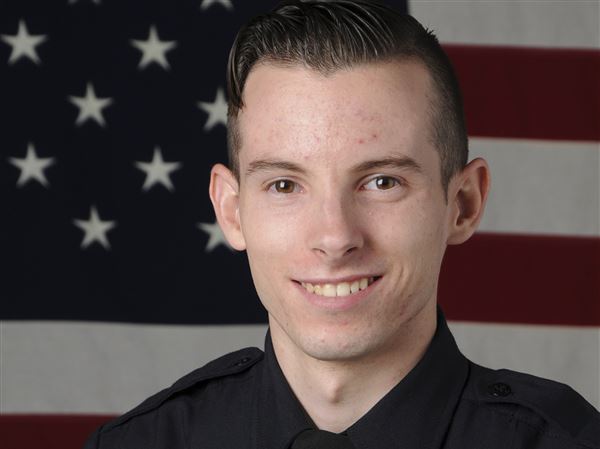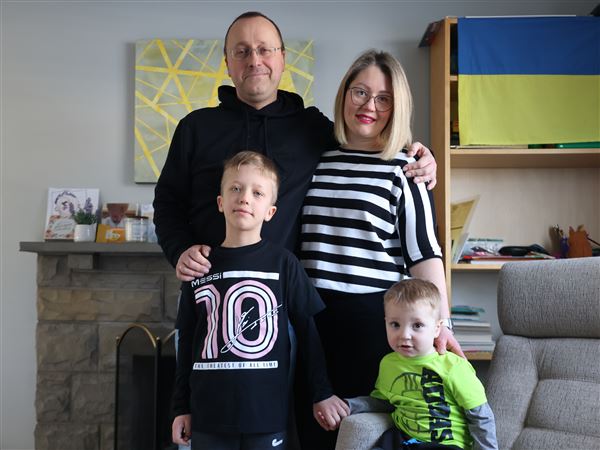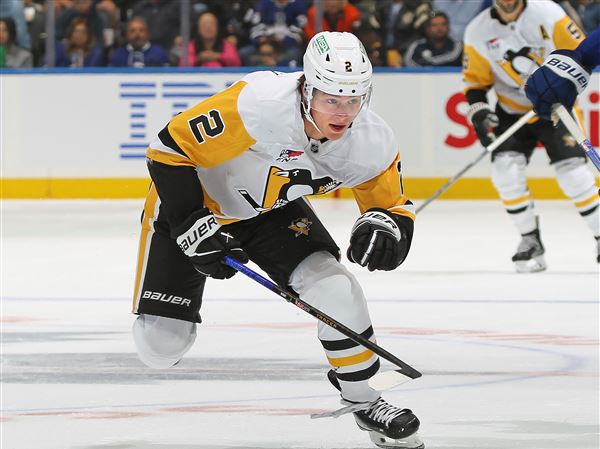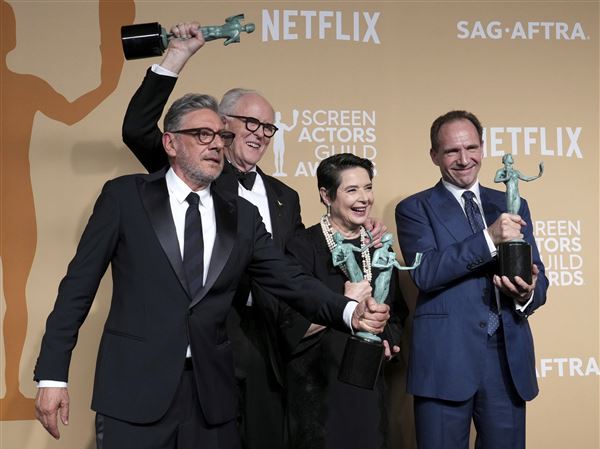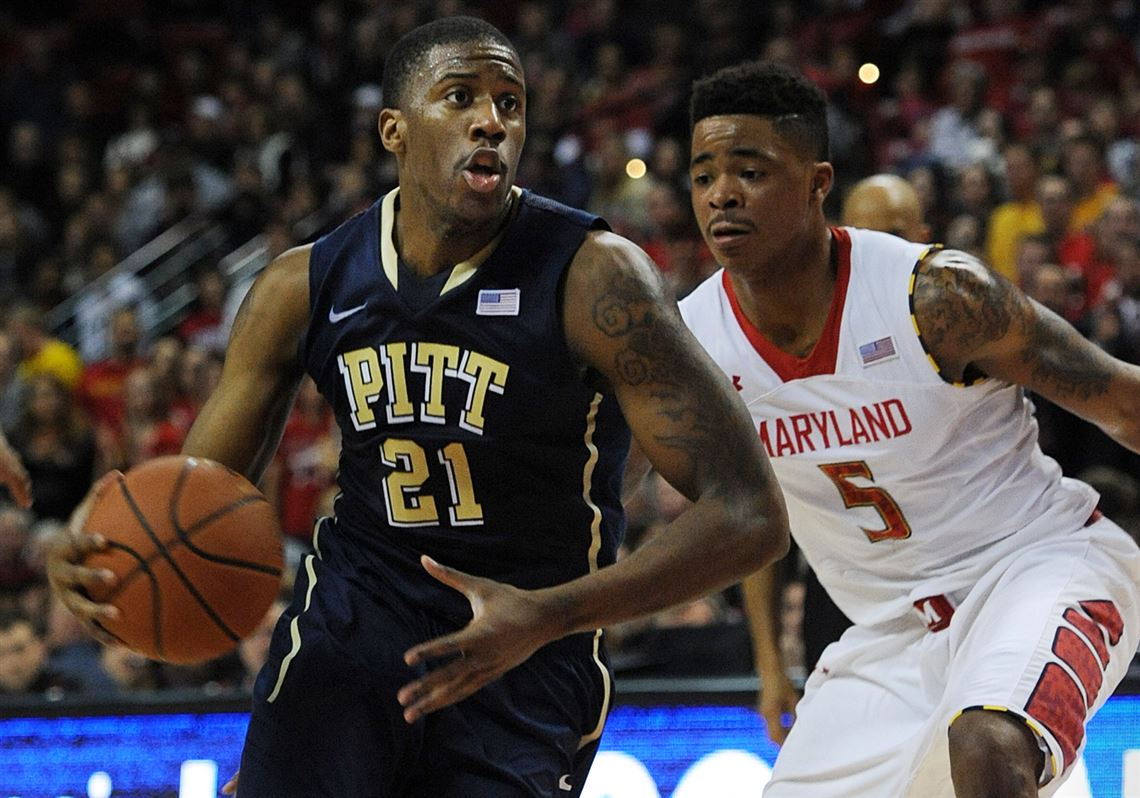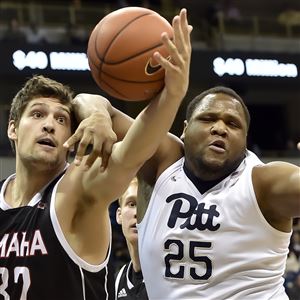At only age 25, Lamar Patterson’s basketball odyssey has been a wide-ranging one, taking him from Turkey to Atlanta to Austin to Reno. Now, the former Pitt standout has the opportunity to entrench himself in the place where he and so many others aspire to be — the NBA.
After averaging 24.1 points and 4.8 assists per game with the NBA Development League’s Reno Bighorns, the Atlanta Hawks signed Patterson to a 10-day contract Jan. 29, a move coach Mike Budenholzer said was made because of Patterson’s versatility and familiarity with the team’s system. Since joining the franchise, the same one that traded for him after he was selected in the second round of the 2014 NBA draft, he has appeared in three of five games, averaging 6.7 minutes, two points and 1.3 rebounds per contest.
The life of a player on a 10-day contract can be surreal and brief. The experience, though, can also be an exhilarating and rewarding one, a fact most recently demonstrated by Dallas Mavericks rookie Yogi Ferrell, who signed a two-year contract after helping ignite a four-game win streak that, in the final one of those victories, saw him score 32 points.
With his contract expiring later this week, where Patterson’s journey takes him will be worth monitoring, both for what it will mean to him and what it can represent to his alma mater. Aside from Patterson, Pitt has one player in the NBA at the moment — Steven Adams of the Oklahoma City Thunder. DeJuan Blair made a return stateside by joining the D-League’s Texas Legends, but he, like Patterson, is playing on the NBA’s fringes, hoping for a chance to return to the league he once called home.
I spoke with Patterson recently to discuss life between the D-League and the NBA, his time so far with the Hawks, what his future may hold and, of course, Pitt basketball.
What’s life like between the D-League and NBA, where you’re a star in one and trying to work your way into the other?
“I got a taste of how the NBA was. I got a taste of the lifestyle. I also got to learn that year how much hard work it is. Being in the D-League, it put a chip on my shoulder because I knew what it was like in the NBA. Now, I’ve just got to work. It just motivated me more. The D-League’s a great place for that. It’s great because you can stay in America, first off, and you can play NBA-style basketball and be in front of NBA scouts that you won’t get overseas as much. It’s definitely beneficial.”
How difficult can it be sometimes to try to work your way back to the NBA, especially once you’ve gotten a taste of it?
“For me, it added a chip to my shoulder. I had that taste. It’s a journey. Basketball is a marathon. It’s just a part of the journey. Everyone has a different story. It’s just me going through my story right now. The D-League was a stop. Who knows what the future holds, but I’m definitely going to work my butt off to maintain in the NBA.”
When a team gives you an 10-day contract, especially with an organization like the Hawks with whom you have some familiarity, how do they present it to you? What do they tell you?
“You don’t really have to say much. Coming to Atlanta, it was a team I had been with already. I already knew what they expected of me. It was an easier transition rather than going to a different team where you don’t know anyone there or don’t know what to experience. When I heard I was going to come back here, it felt like I was coming back home, coming back with all my friends and family. There wasn’t much talking that needed to be done.”
In this 10-day span, aside from trying to get something more long-term, what do you hope to get out of it?
“Just more experience. That’s all you can get, whether it’s on the court, off the court, being around the league and the staff. You gain experience and gain relationships. Hopefully it leads to something down the road. Hopefully it’s here, but basketball’s all over the place. Only a select few guys stay in one place forever.”
When you see what happened to Yogi Ferrell, where a guy playing on a 10-day contract goes off in a game and gets a two-year deal, how much does something like that push you or give you some sense of belief?
“It gives a lot of guys hope. Watching Yogi [Friday] night was amazing. It gives a lot of guys on 10-days like ‘You’re here for a reason.’ It gives a lot of guys hope, seeing guys like that. Everyone has a different story. Right now, I’m focused on mine. If anyone else succeeds around me, I’m definitely happy for them. Watching Yogi ... was like ‘Bam, this can really be done.’ It was awesome.”
Going from the NBA to overseas to the D-League, how difficult can it be sometimes to have perspective on things and say ‘Hey, I’m only 25 years old; I’ve still got a lot of time to make my mark’?
“It’s kind of difficult. Just bouncing all around, you’re ready wherever you go, you’re ready to hit the ground wherever. It’s just getting caught up in the moment rather than thinking ‘I’ve been here and been there.’ Trying to stay in the moment and continuing to work; that’s all you can really do. This game is a blessing. It can get taken away at any moment. I’m going to cherish every second I get, no matter where it’s at.”
When you’re going from those big arenas with a lot of fans in the NBA and then you go down to the D-League with smaller venues and not as many people in the stands, can it be kind of a lonely experience at times, even though you’re playing the game you love?
“You just put it in perspective. You’re playing the game you love. It’s a blessing to be able to do that. It doesn’t matter who you’re in front of or where you’re playing. Once you’re on the court, you’re in your own world. It’s you and those other nine guys on the court with you. That’s all that really matters is being in the moment.”
If these 10 days end without a contract and you go back to the D-League, what becomes your goal? What do you hope to accomplish? Is it getting back to the NBA?
“Absolutely. That’s every kids’ dream growing up. I’m right there. It’s just a matter of being resilient and having that determination. My mom would tell you those are two things I definitely am. I’m always going to keep working.”
How much have you been keeping up with Pitt? What do you make of what’s going on right now?
“It’s tough. When you have a coach that’s been there for 10-plus years and has the complete support of the city and he moves on, it’s hard for anyone to come in and maintain that winning caliber he had. I know Kevin Stallings. He’s a pretty ... established coach himself. But switching like that, he doesn’t have exactly his recruits and guys he would have recruited. He’s taking coach Dixon’s recruits and trying to work with that. These are guys he’s probably never even seen before except for probably a couple. It’s tough. College is different. It’s not like the NBA where you can just do a trade if you don’t like somebody. You’re kind of stuck with what you’ve got. The players also, there’s not much leeway in college basketball. Hopefully they can figure it out and win some games down the stretch. I’m always wishing the best for Pitt. But it’s been hard to watch this season for them. Some of those games they were in it and just lost. Some of them they got blown out. It’s just tough, especially being a former player, and seeing the amount of success Pitt has over the last decade. It’s definitely tough to watch.”
Craig Meyer: cmeyer@post-gazette.com and Twitter @CraigMeyerPG
First Published: February 7, 2017, 7:28 p.m.
